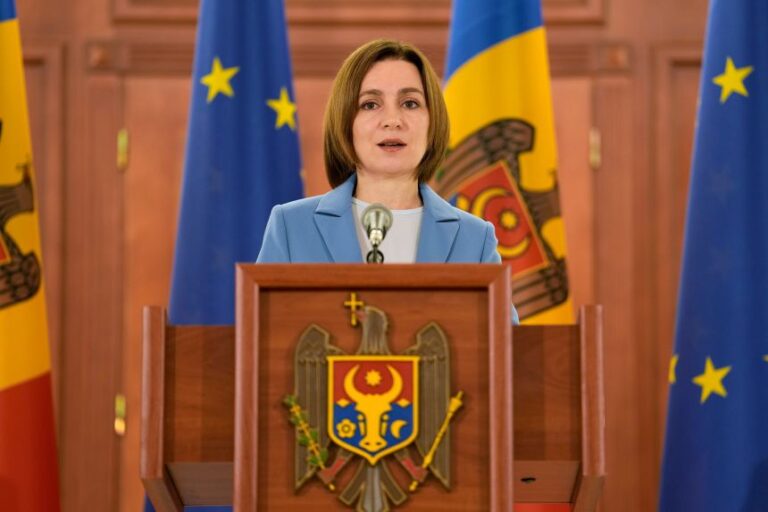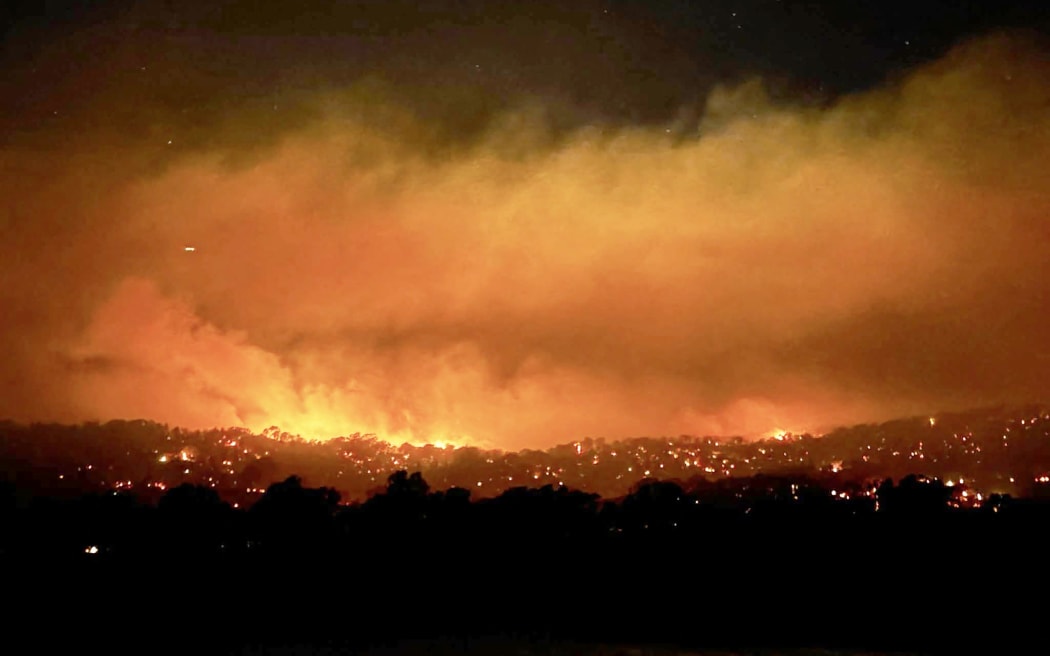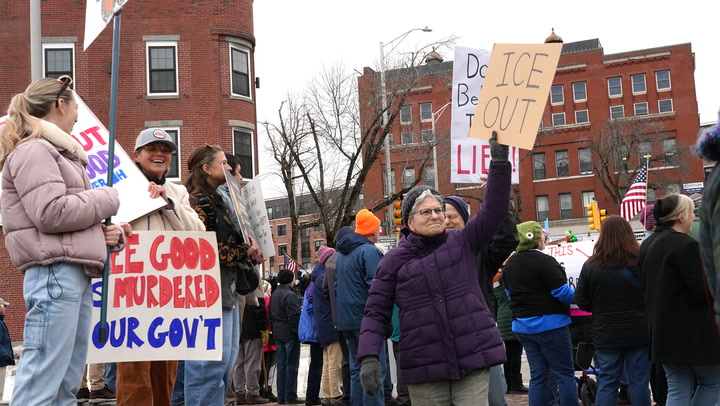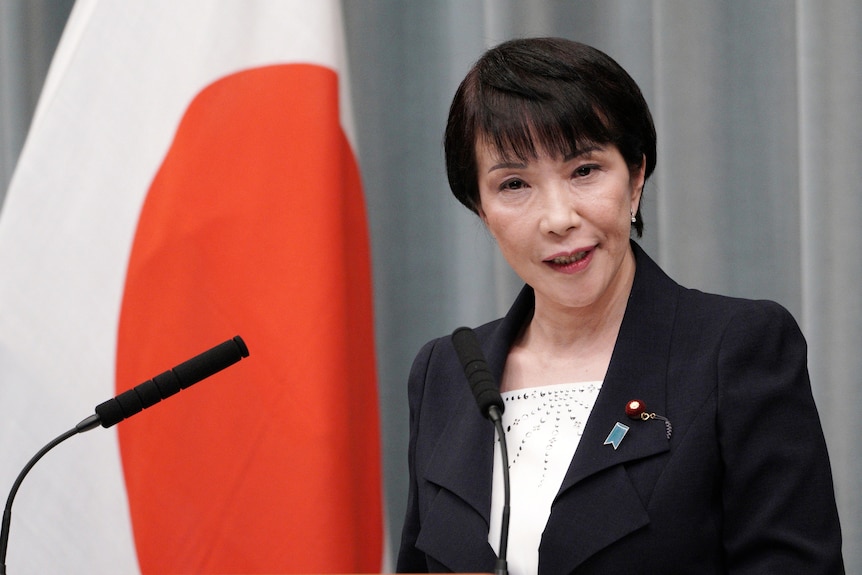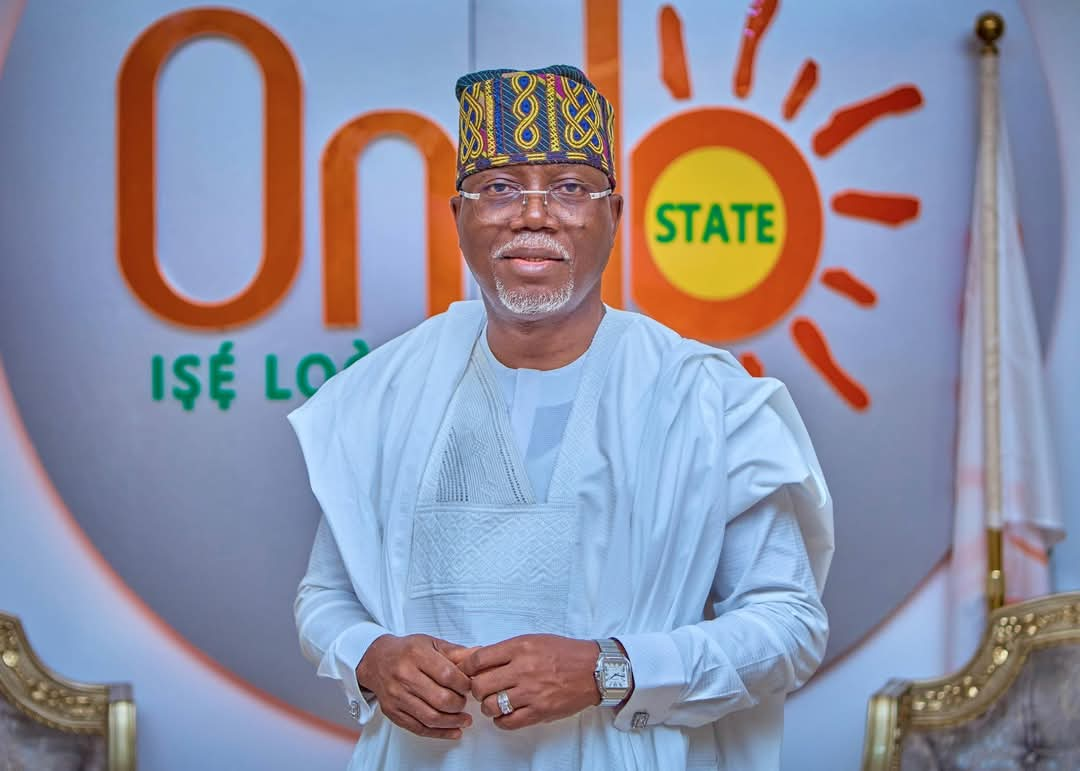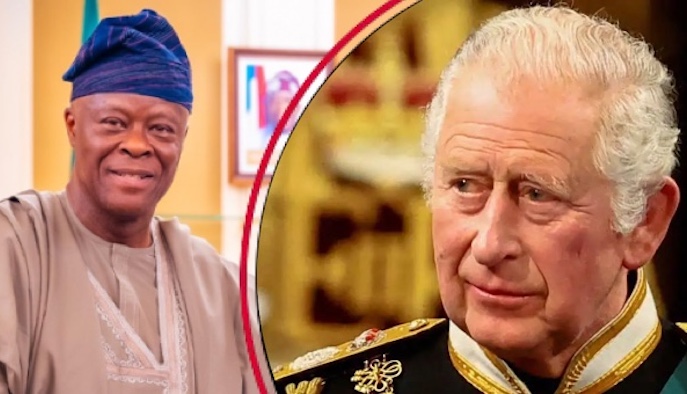When Moldovans went to the polls this weekend, the contest was never just about local politics. It was about whether Europe’s smallest and poorest nation would drift deeper into Moscow’s orbit or keep straining toward the European Union.
The answer came with the pro-European Party of Action and Solidarity securing a narrow but decisive victory over the Patriotic Bloc, a coalition openly aligned with Russia. The governing party’s share — just over half the vote — was smaller than its landslide of four years ago, yet it was enough to maintain power and deliver a symbolic blow to Russian influence in the region.
That outcome offers Europe lessons that extend far beyond Moldova’s borders. The Kremlin poured resources into disinformation campaigns and alleged vote-buying schemes, hoping to destabilize a country that sits on Ukraine’s southwestern flank. The effort failed — in part because Moldova, with support from its partners, has begun to build tools to counter foreign interference.
Recent years have been bruising. Energy costs soared, poverty deepened, and Moldova’s GDP shrank, leaving the government vulnerable to street protests and slipping popularity. Aid from Europe kept the lights on — literally. Billions pledged for the years ahead aim to free Moldova from dependence on Russian energy, one of Moscow’s favorite levers of pressure.
But resilience has not come from money alone. Authorities in Chișinău, working with European institutions, have taken on the disinformation battlefield more directly. A rapid-response team was dispatched to blunt cyber interference, a regional observatory was created to track digital propaganda, and Moldova was given access to the EU’s cybersecurity reserve. Together, these steps helped the government keep the contest from being hijacked.
Read Also: Kenya’s Garment Workers Face An Uncertain Deadline
For European leaders watching nervously, Moldova’s election was more than a domestic milestone. It showed that when vulnerable states are given not only financial support but also technical defenses and political backing, they can resist Moscow’s reach.
The victory does not erase Moldova’s hardships, nor does it guarantee smooth accession to the European Union. But it signals that even in a country battered by poverty and targeted by Kremlin campaigns, a path toward Europe can hold. And that, for the continent, is a reminder that resilience is as much about preparation as it is about politics.

